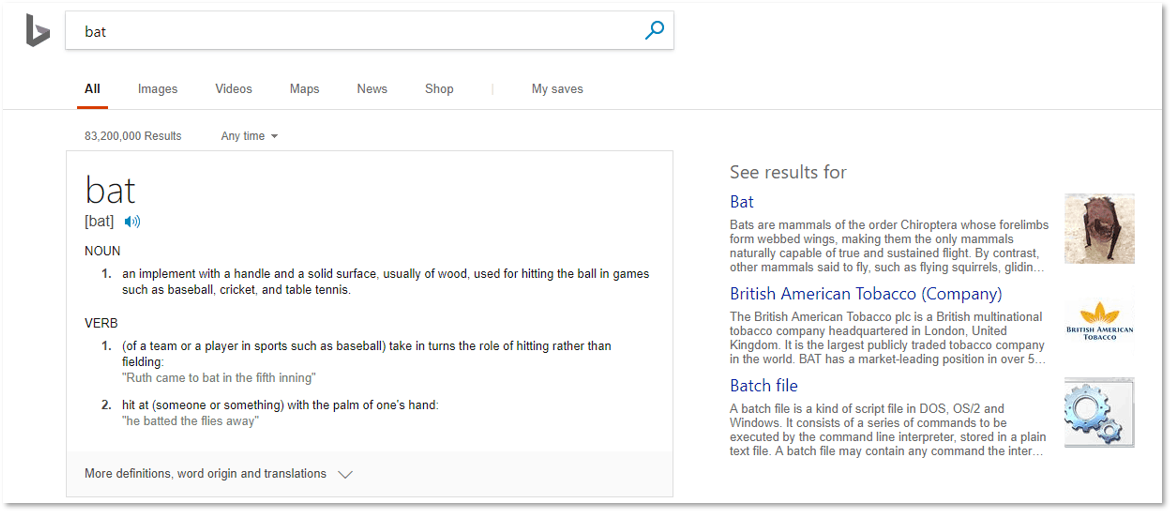We inaugurate the Pro Web Digest 2020 with the latest international SEO news. Our experts have selected three hot topics for January: the core update of Google, the new SERPs and the competition between Big G and Bing.
Core Update, the year starts with a traffic “boom”
The Broad Core Update of January 2020 has brought substantial fluctuations on SERPs worldwide, affecting some markets, like the UK, more than the Italian one.
We are studying what actually happened and we still didn’t detect specific elements that have been majorly affected. What should you do then? As always, monitoring the situation is the best way: checking your websites and their changes in positioning is definitely better than editing contents without a plan, just because you are scared to experience a drop in traffic or hypothetical penalties.
Someone says that it will affect in particular the mobile search, someone says that coincides with the parameters update for the quality raters of Google. The information provided by Big G in its Webmaster Central Blog is always valid.
Google SERP: a new look and new features also on Shopping
We all noticed it, also from a simple user perspective: Google SERPs have been presented a couple of weeks ago with a different look. What is the main news? The engine is carrying out many tests on its results over the last period.
In regards to paid results, Ads become less visible, and more similar to organic results. The relocation of the URL on top of the result creates a similarity between the two, and it is interesting how other clickable related keywords are placed below the ads.
The general structure of the SERP changes based on the query. For example, the Google Shopping results are in the first position if you are looking for a product to purchase, while there will be box images – furthermore expandable – if you are looking for a recipe.
Generally, it is interesting the possibility to choose a favicon, another small element to be optimized and present yourself to the user. The SERPs with favicon are not visible to all users yet, and Google announced the testing of a rollback.
Google VS Bing: fact-checking
Ok, we know you’d like to have a meme. A few things are more hilarious than the memes of Google VS Bing for whoever operates in this sector. Maybe, just the memes of Chrome VS Explorer!
Here is one, maybe a little raw, but definitely explicative – and if you don’t believe it, try to type it, it works even in Italian:

All the memes comparing the two search engines are generally like this one: there is a truth besides the funny part, as it usually happens with humor. We don’t want to provide any valuable judgment, but the sentence – try that empirically, if you like – is that Google understands better the context and the intent of the research. On the other hand, even if efficient, Bing tends to flatten answers or focus on just one of the typed words, providing, therefore, flat and didactic results that end up being out of the context, and not useful for the user. Not to say harmful, like it is shown in the previous example.
But let’s say something positive about Bing: some queries are answered in a better way. An example? Flights. This is because it seems to be able to monitor the price differences in real-time, providing the cheapest results. Or videos – maybe because Google, since it owns YouTube (which provides over 15 billion in revenue), is less worried about the accuracy of the video as direct results to its SERP.


